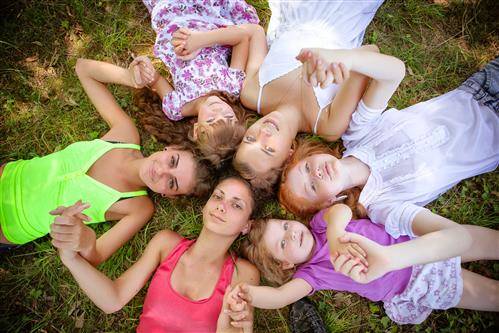
Signs that Your Child Is Using Drugs or Alcohol
No one ever wants to have to take their child to an Orange County drug rehab center, even if it’s an affordable drug rehab option. Instead, you would much prefer that your child never use drugs or alcohol at all. Yes, there is a good chance that your child may experiment at some point during his or her teen or young adult years, but you can nip that in the bud if you learn to recognize the signs of drug and alcohol use in your child.
Avoiding Eye Contact
There are several reasons why your child might avoid eye contact if he or she is using. In some cases, they are simply afraid to look you in the eye, because they know they are doing something wrong. In other cases, they literally don’t want you to see their eyes, because you might notice their pupils, or the fact that their eyes are bloodshot. Even if the issue isn’t drug or alcohol use, a child who normally looks you in the eye, and then starts avoiding eye contact, has something to hide from you.
Lying about Location
It’s so much easier for kids to lie about where they are today. Some homes don’t even have landline phones anymore, so it isn’t always possible for you to call the house to see if your child is there. Since almost every child has a cell phone today, they can say they are anywhere and, in many cases, you have no choice but to accept what they are telling you. If you think your child is lying about what he or she is doing, it might be time to track the cell phone or use one of the many parenting apps to see where your child is at any given moment.
Change in Friends
Everyone goes through changes in their social network as they get older. People tend to hang out with those who share their interests. When those interests change, so does the crowd they hang out with. Sometimes this is nothing more than making new friends, but it can also be a sign that the new interest involves drugs and/or alcohol. Talk with your child about these new friends and try inviting those friends over so you can get a feel for them and what they are about.
Avoiding Physical Contact
A child who is using drugs or alcohol may avoid physical contact, as well as getting close enough for you to make physical contact. It isn’t that they don’t want you to touch them. They are simply afraid that you might notice an odor on their skin, clothes, or breath. If they are using needles, they might be afraid that you are close enough to pull up their sleeves.
If you think your child might be using drugs or alcohol, contact an Orange County rehab center to learn about some of the signs that are being seen in your area. Sometimes kids wear specific bracelets or other jewelry to indicate that they are willing to use or can gain access to drugs or alcohol.









